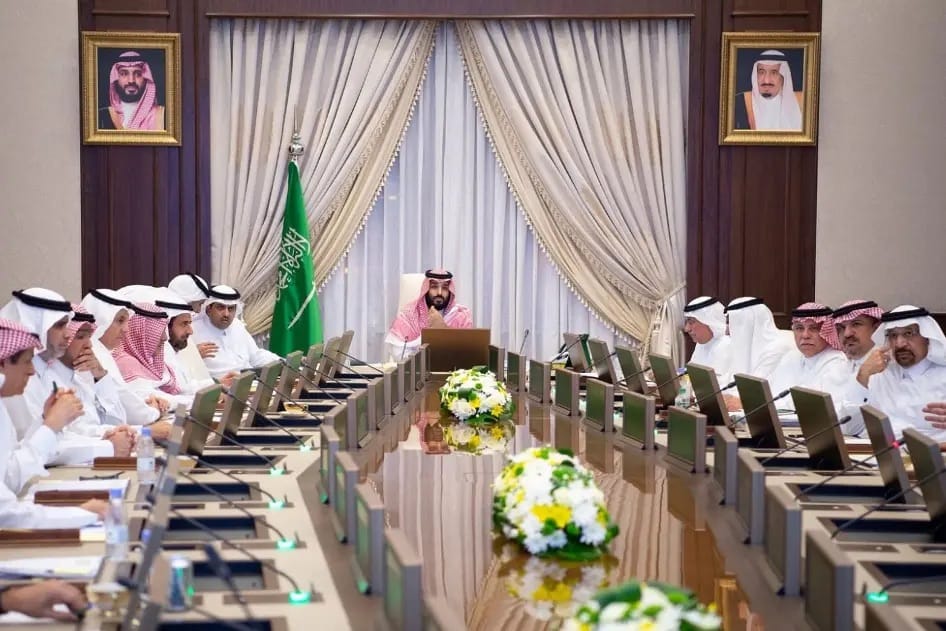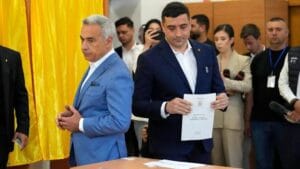Saudi Wealth Fund fuels rights abuses, silences critics
Human Rights Watch (HRW) has accused Saudi Arabia’s Public Investment Fund (PIF), the nation’s primary sovereign wealth fund, of facilitating human rights abuses domestically and abroad.

Human Rights Watch (HRW) has accused Saudi Arabia’s Public Investment Fund (PIF), the nation’s primary sovereign wealth fund, of facilitating human rights abuses domestically and abroad. In a report released Tuesday, HRW outlined alleged abuses tied to the fund, including political expropriations, silencing dissent, and forced displacement.
Among the claims, HRW highlighted the PIF’s acquisition of Sky Prime Aviation, the airline used to transport assassins involved in the 2018 murder of journalist Jamal Khashoggi. The report also criticized the fund’s role in financing the NEOM megaproject, which has forcibly displaced members of the Huwaitat tribe in Saudi Arabia’s Tabuk province.
Beyond human rights abuses, HRW raised concerns about the fund’s lack of transparency and concentrated control. Most of the PIF’s senior administrators are either Crown Prince Mohammed bin Salman or his close allies, enabling unchecked use of the fund’s vast resources. HRW labeled the PIF as one of the least transparent sovereign wealth funds globally and criticized its contrast with the widespread poverty among Saudi migrant workers.
The report also detailed how the PIF leverages economic influence to suppress criticism. For example, when contracting with the Professional Golf Organization during an acquisition bid, the PIF imposed non-disparagement clauses prohibiting criticism of the Saudi government. The fund has also filed lawsuits against firms like McKinsey and Boston Consulting Group for allegedly releasing “classified” information linked to investigations into Saudi election interference.
“The Public Investment Fund is not just a financial tool—it is a mechanism that facilitates and amplifies Saudi Arabia’s human rights violations,” HRW argued, stressing that the PIF is subject to international legal obligations, including UN human rights treaties and business guidelines.
As international scrutiny intensifies, HRW’s report underscores the ethical and legal dilemmas surrounding the fund’s operations and the broader implications for Saudi Arabia’s global economic partnerships.










